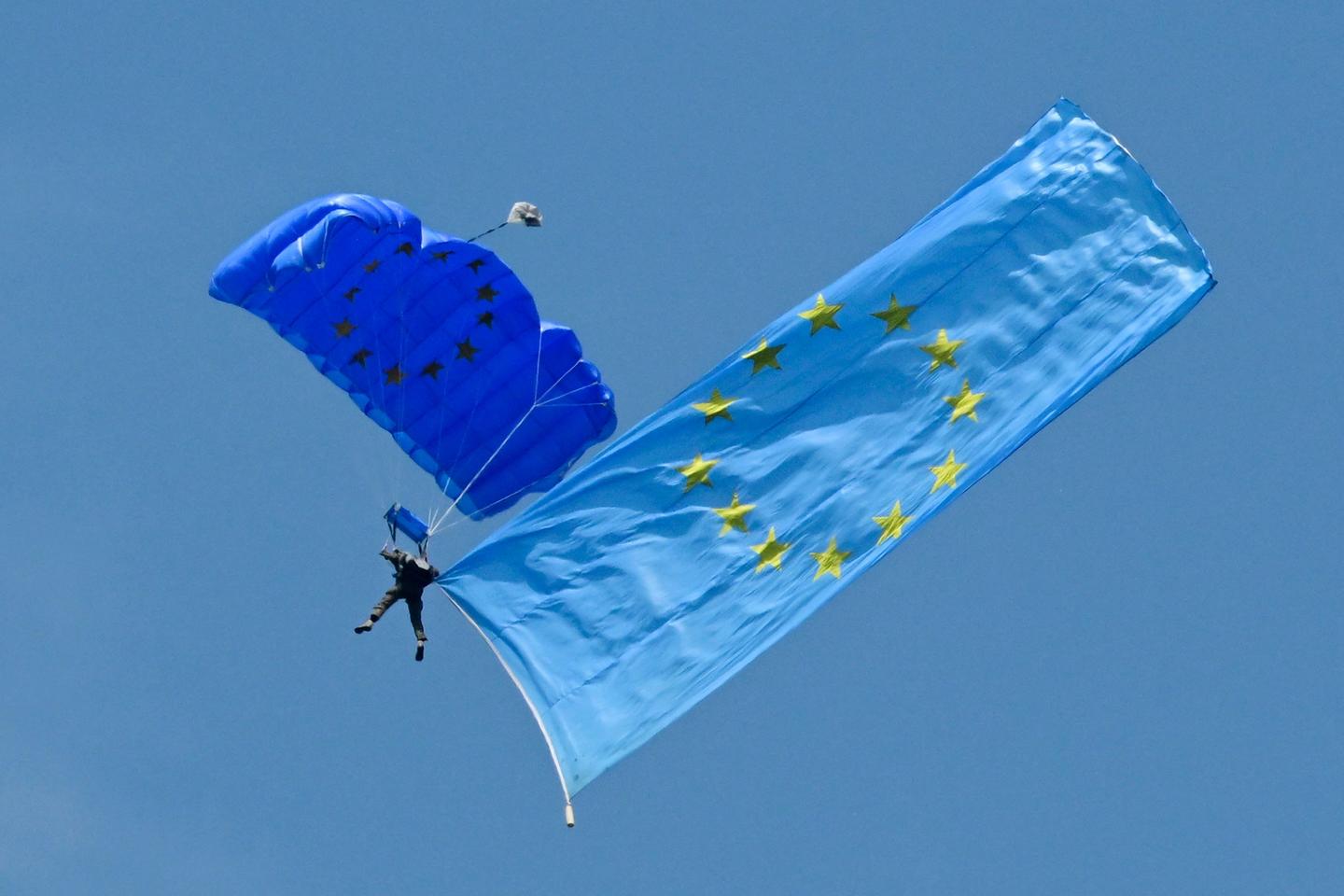


"Euroscepticism can appeal to the realistic perception that the currency union no longer represents a 'win-win' for all members," wrote Jürgen Habermas in 2018 in a powerful article, which drew an unflattering assessment of the European Union's (EU) actions and highlighted its democratic failings.
The latest research confirms and clarifies the philosopher's concerns. Political scientist Roland Erne and his colleagues highlight several key features of the policies pursued by the EU between 2010 and 2020 (Politicising Commodification: European Governance and Labor Politics from the Financial Crisis to the Covid Emergency, Cambridge University Press). The new economic governance put in place by the European Commission in November 2011, described at the time as a "silent revolution" by its president, Manuel Barroso, has made it possible not only to exercise close surveillance over member states' public accounts but also to prescribe policy changes in areas that had hitherto remained excluded from EU intervention.
The authors show that wages, theoretically outside the EU's remit, have been the subject of direct recommendations aimed at curbing their increase – except in Germany – and have suffered as a result. In the transport, water, and health sectors studied in particular, the prescriptions of European authorities have systematically followed the same path of marketization, the promotion of public-private partnerships, privatization, and the downsizing of public services.
Unraveling achievements
When the financial sanctions of the Stability and Growth Pact were suspended in 2020, the Commission used access to funding from the "Recovery and Resilience Facility" as a means of blackmail to impose its views on countries. The authors highlight that, far from establishing a clearly transnational policy that could be fought by an alliance of European trade unions, the new economic governance has led to a renationalization of issues and competition between member states, preventing the constitution of a convincing opposition force.
Despite these unfortunate consequences, a reform of the budgetary rules that changes the general framework of economic governance very little was recently approved by the European Parliament. The text continues to give extensive powers to the European Commission, and risks accelerating the trend towards cuts in public services and social rights, as illustrated by French Economy Minister Bruno Le Maire's recently expressed desire to do away with an over-costly welfare state, and Prime Minister Gabriel Attal's announcements of new measures to reduce unemployment benefits. Such a strategy can only fuel public despair and the vote for far-right parties who, if there were more of them in the European Parliament, could block the functioning of the EU and unravel its achievements.
You have 45.97% of this article left to read. The rest is for subscribers only.
